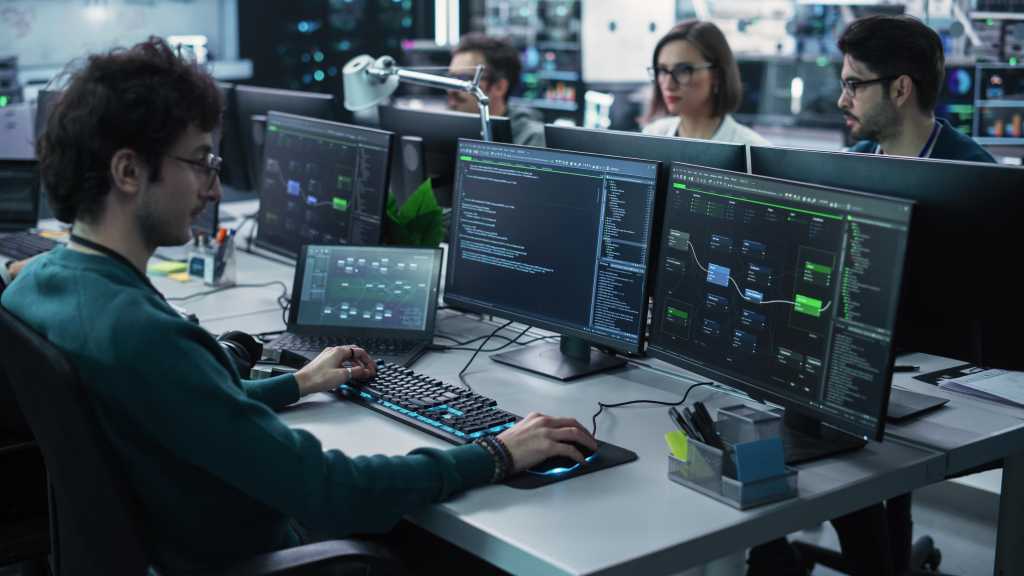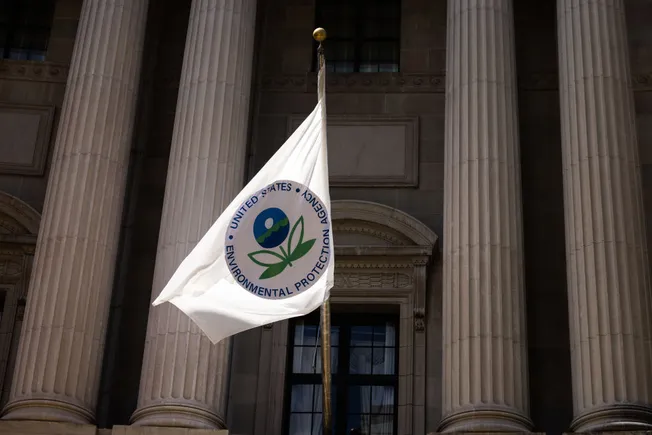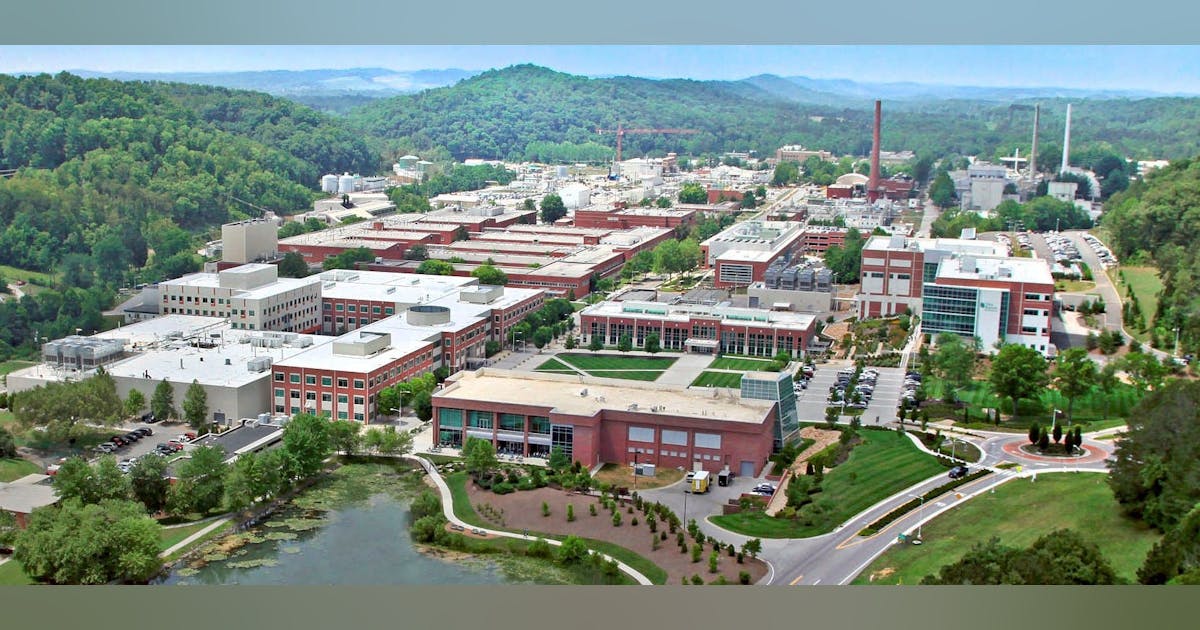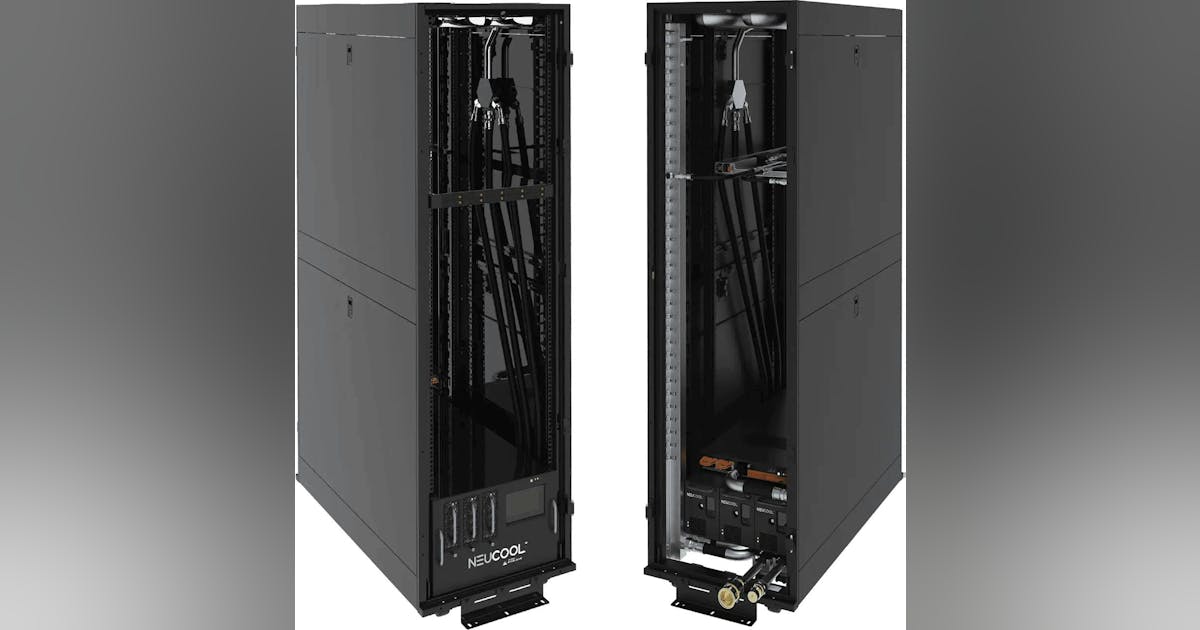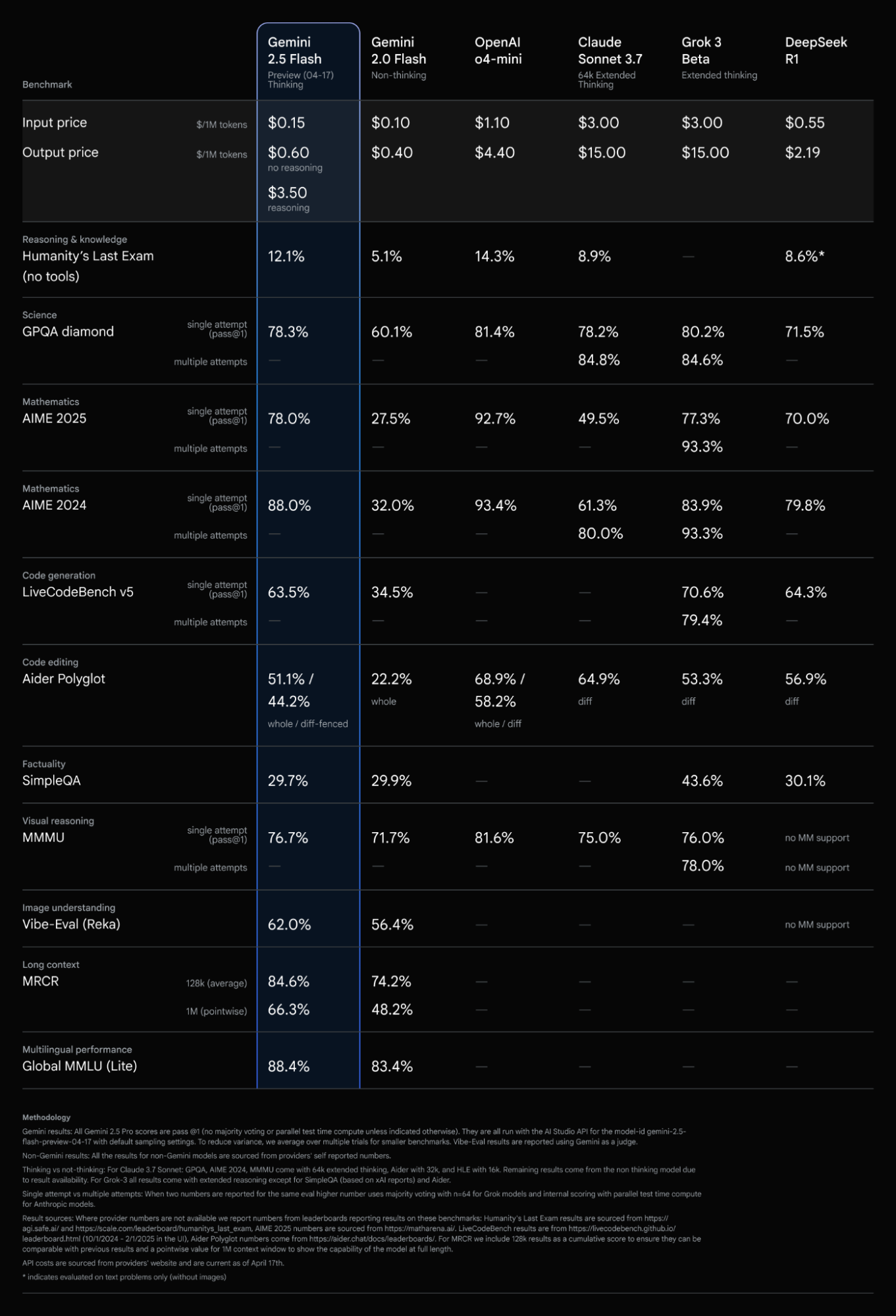Having some time to ourselves can feel like a gift; cherishing those moments for headspace.
This time can prove to be energising yet calming, and can help us feel grounded and able to catch our breath in a fast-paced life.
Yet, as human beings, social interaction is important for our general wellbeing, even when we may favour solitude.
This need became even more apparent during the Covid pandemic, where there was no choice about whether we could spend time with people or not; we had to isolate for long periods of time.
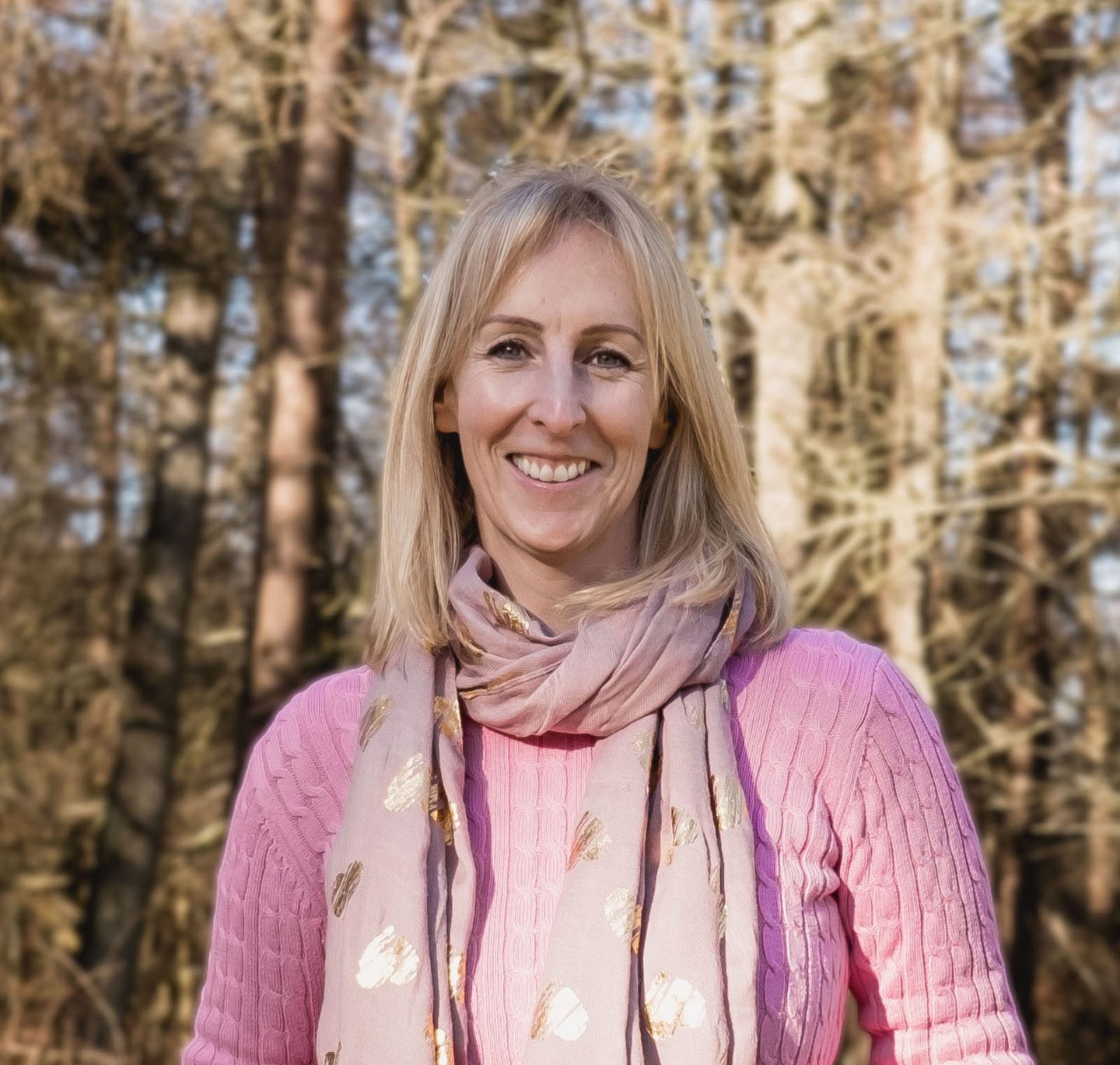 © Supplied by Usana Mindset
© Supplied by Usana MindsetThe knock-on impact on our psychological wellbeing was huge, and is still felt to this day by many, both in the workplace and at home.
‘The Big Mental Health Report 2024’ has highlighted that one in four people in England will experience mental health issues at some point each year, with these statistics also being echoed in the Scottish Government’s findings.
The report also revealed the number of those experiencing loneliness has increased, with nearly 8% of UK adults saying they felt lonely ‘always or often’, with people aged over 65 also sharing these sentiments, as well as experiencing significant anxiety or low moods, with 10% of this population stating this was frequent or all the time.
It is also stated that the life expectancy of people with severe mental health illness is about 15-20 years shorter than those without.
The shift to open dialogue, mental health policies and campaigns, and more routes to support has helped lessen the stigma of having a mental health illness, but what can we do ourselves to proactively safeguard our health and wellbeing now and going forward?
This year’s Mental Health Awareness Week, which runs from 12 to 18 May, has a theme focusing on ‘community’.
The Mental Health Foundation highlights that being part of a “safe, positive community is vital for our mental health and wellbeing.
“We thrive when we have strong connections with other people and supportive communities that remind us, we are not alone.
“Communities can provide a sense of belonging, safety, support in hard times, and give us a sense purpose”.
We are not just part of one community, however.
We have multiple ones in our lives, each encouraging a sense of belonging and connectivity, for example workplace, home, family, groups of friends, our social groups, including sports, hobbies and perhaps online presence.
Within each of our communities, a culture exists and will differ due to the purpose, people involved, values and leadership, and ultimately this will define and impact how people relate to each other.
This, in turn impacts your wellbeing.
We all have the power to make positive change; where required, be empowered to shift the paradigm.
Make conscious choices so you have the right communities, culture, connections and relationships to enhance your life in all areas.




